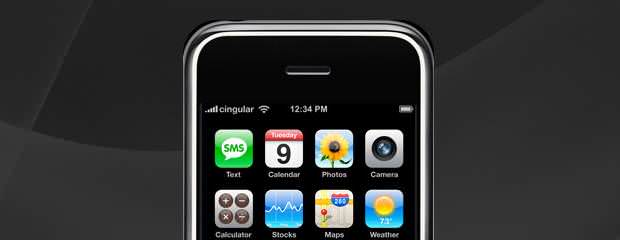
Zombie HP's Quest for Brains Ends
Shares of Hewlett-Packard were down more than 20% yesterday, 10 months afterwards I told investors to short the stock. Thursday night, the world's top computer maker reduced guidance and announced plans to exit the PC and mobile-device business.
I'd love to have been wrong about this. Good people are going to get hurt. Talented men and women will lose jobs. Investors will lose savings as HP loses face. Nearly no one gains from this. Except, clearly, for Apple .
The remains of HP's days as a PC companyMore on all that in a minute. First, let's review the numbers. Revenue rose 1% to $31.2 billion in HP's fiscal third quarter, about in line with estimates, during non-GAAP revenues rose 2% to $1.10 a share. Analysts had been expecting $1.09 a share of adjusted revenues. That's the good news. The bad? HP reduced guidance for both the fourth quarter and full year.
In Q4, management expects $1.12 to $1.16 in adjusted revenues on $32.1 to $32.5 billion in revenue. For all of 2011, HP expects $4.82 to $4.86 in adjusted profit on $127.2 billion to $127.6 billion in revenue.
Neither estimate came close to meeting Wall Street's projections. Analysts had been calling for $1.31 a share in Q4 profit on $34.04 billion in revenue and $5.01 a share in detail-year revenues on $129.15 billion in revenue, according to data compiled by Yahoo! Finance.
Sagging sales for the PC and devices group -- the division HP calls "Personal Systems" -- was for the time being partially to blame. Revenue from that unit fell 3%. Consumer Client revenue declined 17%, most likely because of the rise of the iPad and iPhone. Or anyway that's how CEO Leo Apotheker made it sound in his comments to analysts while the revenues call.
The use of the PC
"Secular trends impacting our PSG business as consumers are changing the use of the PC. The tablet effect is real, and sales of the TouchPad are not meeting our expectations," he said. Right. Secular trends just as Apple's sales of 5 million more iPhones than anyone expected last quarter.
Apotheker would go on to explain how a sale of Personal Systems assets -- including the WebOS platform acquired from Palm and the entire PC business -- would help to sharpen HP's focus on the cloud and technologies for accessing services from "any type of device."
HP's post-PC eraWhy not just rename HP afterwards Apotheker's former employer, SAP ? We could call it HP-SAP. Or SAP Enterprise. Either way, in exiting the consumer business, Apotheker is returning to his roots -- and aiming for Oracle and IBM in the process.
Again, consider Apotheker's own comments. Enabling access to any type of device means selling servers, storage, database innovation, management software, and more than a dollop of professional services. HP offers all this and more today, and it plans to furthermore beef up its back-office offerings with a $10.25 billion bid for Autonomy, a U.K.-based provider of software for optimizing data infrastructures.
There you have it. Zombie HP may be dead, however the nightmare is just beginning. Do you agree? Disagree? Weigh in using the comments box below. And if you're in the mood for more stock ideas, try this free video. You'll walk away with a better understanding of the cloud-computing revolution that HP is hoping to profit from, as so then as a winning pick from our Motley Fool Rule Breakers scorecard. Start watching now -- it's 100% free!
- · Rackspace debuts OpenStack cloud servers
- · America's broadband adoption challenges
- · EPAM Systems Leverages the Cloud to Enhance Its Global Delivery Model With Nimbula Director
- · Telcom & Data intros emergency VOIP phones
- · Lorton Data Announces Partnership with Krengeltech Through A-Qua⢠Integration into DocuMailer
